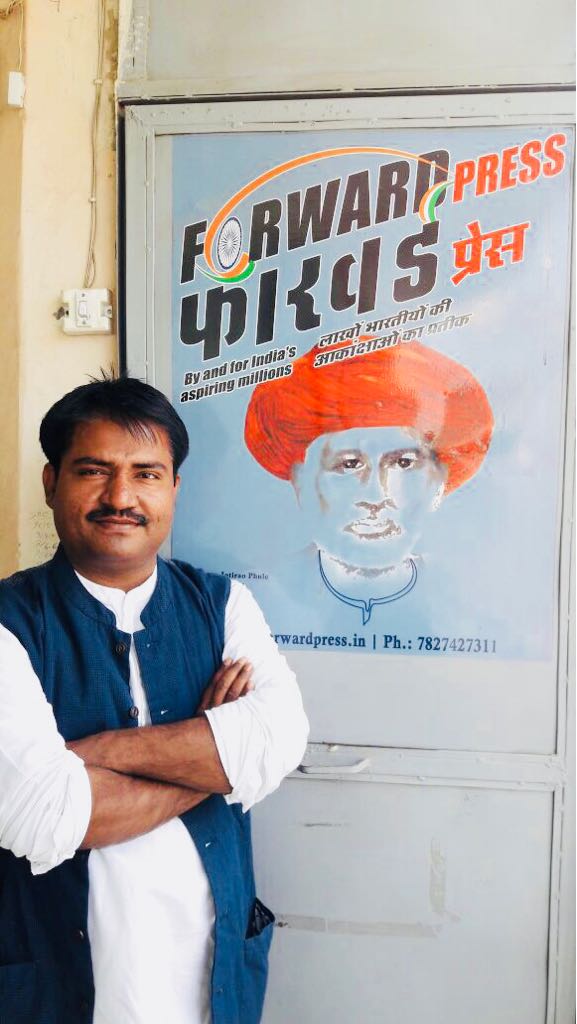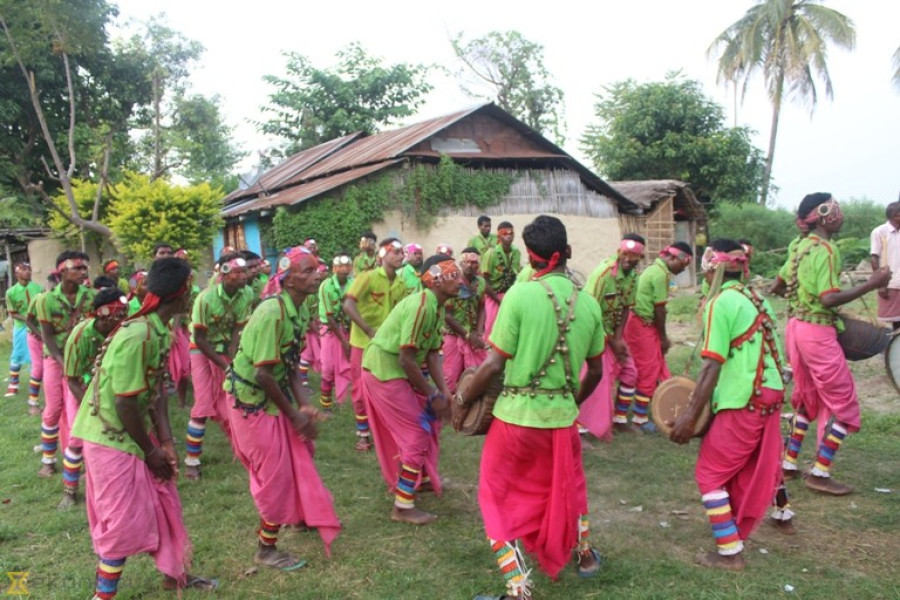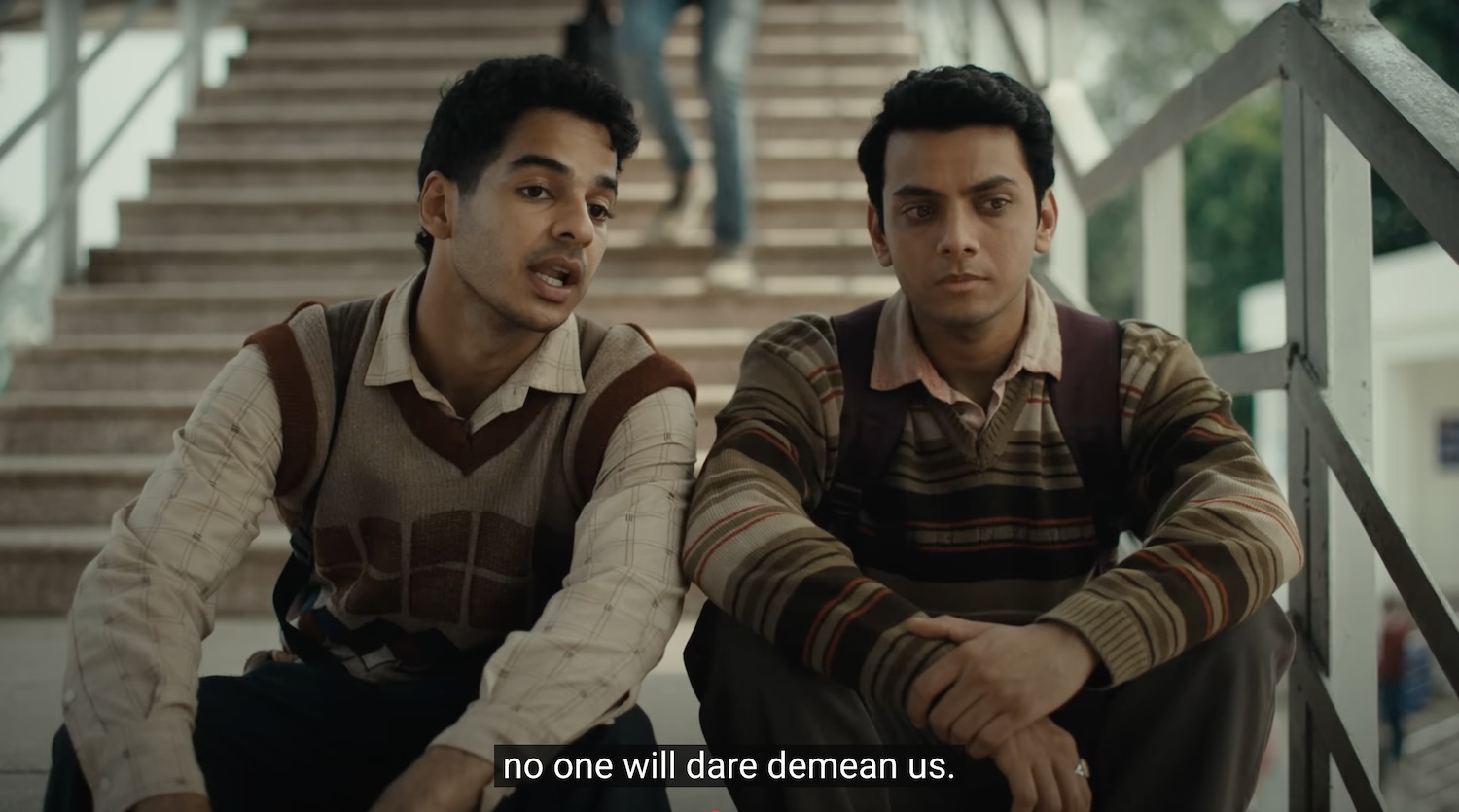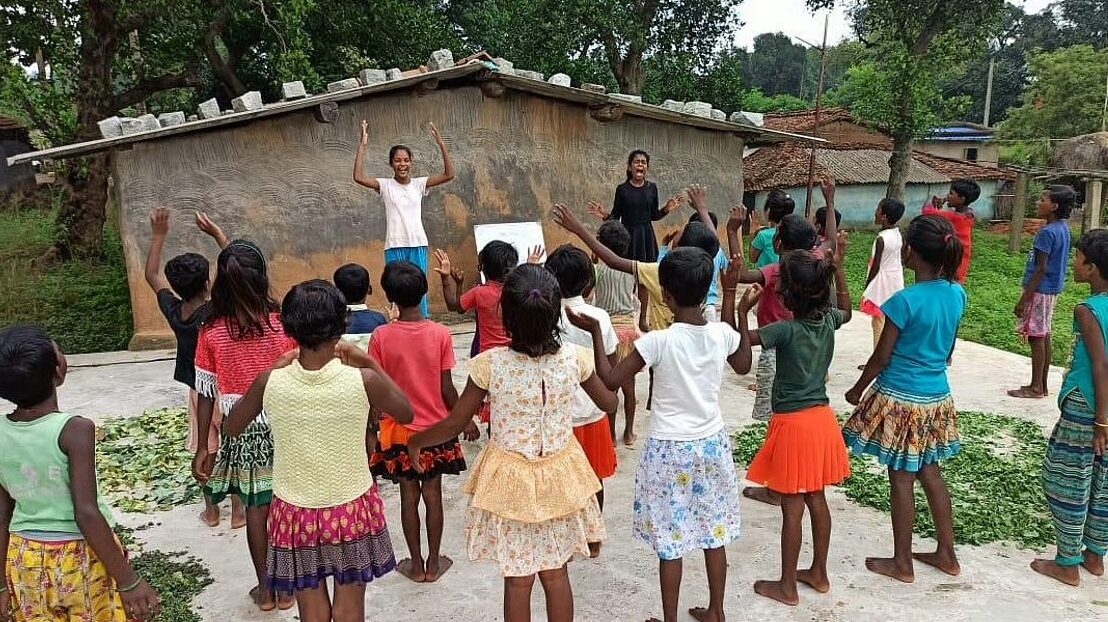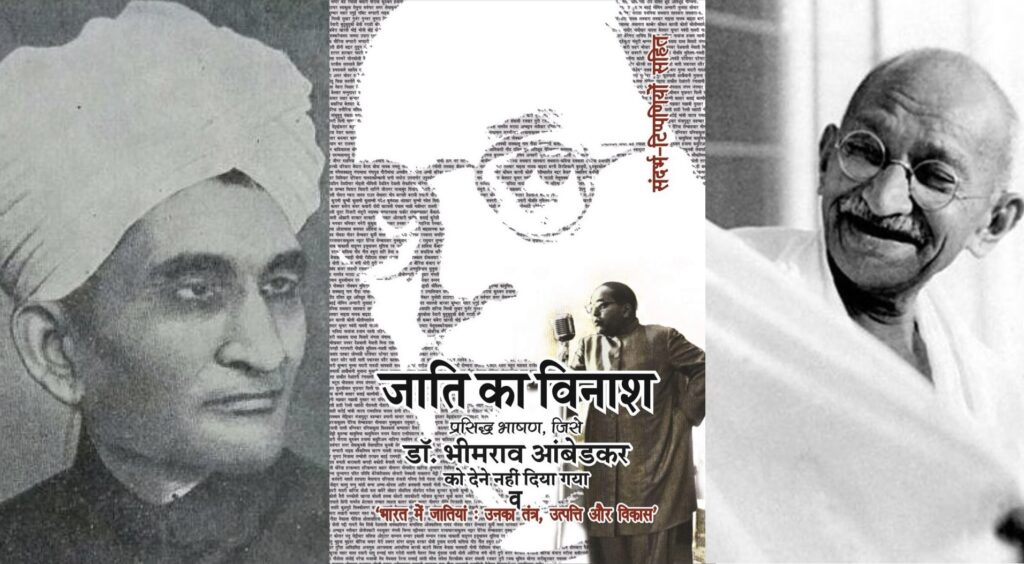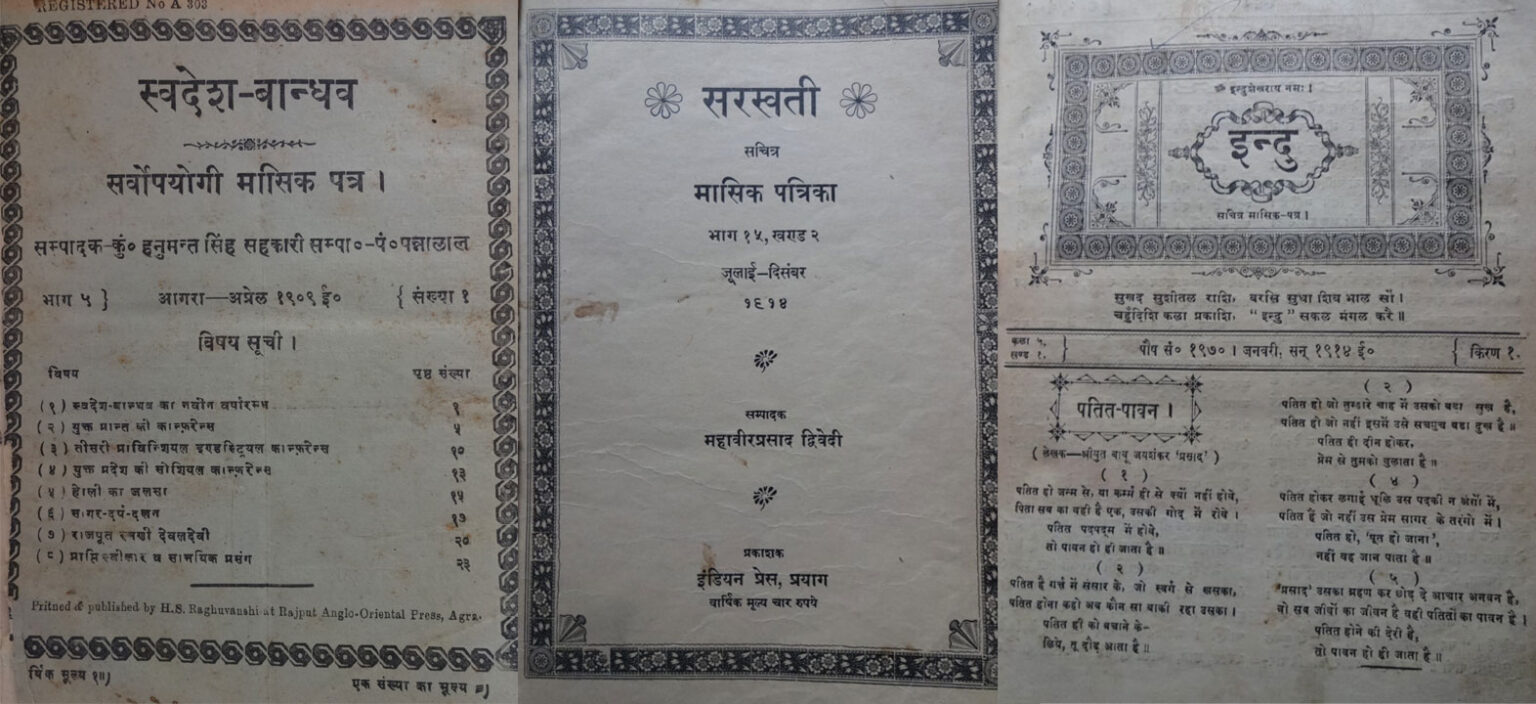A gamcha (towel) wrapped around the neck and a cloth bag strung from the shoulders – you may bump into Himmat Singh anywhere in Delhi – right from the haunts of politicians to the slum clusters. The bag is usually stuffed with applications by members of the public, and newspapers and magazines. Himmat Singh has been in public life for three decades now – fighting alongside ordinary people. He has been vocal on issues concerning the Bahujan. He spoke with Nawal Kishore Kumar about his journey so far – from Balia to Delhi and from Communism to Bahujan Communism. Here are edited excerpts from the conversation:
Please tell us about your family background.
I am from Kodra, a small village in the Ballia district of Uttar Pradesh. I was born into a poor peasant family. My father was somewhat educated and used to work in Assam. That was why we, his children, could get an education.
Which caste do you come from?
We are Chouhans. We are also called Nonias. The societal conflicts in our area were primarily rooted in caste. Driven by their feudal mindset, some castes wanted to establish their hegemony. The landlords in our area were Rajputs and Bhumihars. Most of the people simply worked the land leased out by the landlords. We were somewhat better off. We owned a small piece of land that produced enough grains for our personal consumption. My father also had his job.
Was your father in a government job in Assam?
No. He was not in a government job. He was the accountant (munim) of a Marwari businessman. People addressed him as Bade Babu. He spent his entire working life there. He returned only a few years before his death. That is all about my family. When I was a child, some CPI [Communist Party of India] workers used to visit our village, where my uncle – father’s younger brother – also lived.
Where were you educated?
I studied at CMP Degree College of Allahabad University. I completed my BSc in Biology in 1991. I had done my schooling from my village. At the time, I wanted to become a doctor.
I guess you must have been born between 1960 and 1965?
I was born on 4 May 1968. But in official documents, my date of birth is recorded as 10 July 1969.
So, you had your primary education in your village?
Yes. The primary school was about 3-4 km from my home. When I joined Standard 12, I had to walk for about 6-7 km. There was no school in my village. During the rainy season, I could not attend my primary school for around two months. There was water all around.
How did Bihar become your area of work?
I was about to tell you about that. It was for party-related work that I began visiting Bhojpur, Patna and other nearby areas and meeting people there.
When did it begin?
In 1993-94, I became a fulltime member of CPI (ML) [Communist Party of India (Marxist-Leninist) Liberation]. My area of work included districts along the Bihar-Uttar Pradesh border like Ghazipur, Chandauli, Benaras, Buxar and Bhabua. We were active in the peasants’ movement.
How were you drawn to the Left?
The primary reason was slogans like “Kamane wale khayenge aur lootne waale jayenge” (Those who work will eat, those who loot will have to go). They were very alluring, especially given the rampant discrimination in society – there was exploitation and oppression. I could not understand the reason behind this injustice. At times I felt it was god’s doing. But when I met the spiritually minded, I was told that god had made everyone equal. It was befuddling. Sometimes I felt that the lack of education among our people was the reason. But then, our educated people were also discriminated against. Political parties also treated us in the same way. No political party had a presence in our village. Some CPI people came occasionally but they, too, vanished after the demise of the Soviet Union. But what was good was that they used to read out from books and explain. I could not understand most of what they said. But what I could tell was that they talked about workers, about the rights of workers. No one else talked about workers. That drew me to the red flag. The attraction, however, was not strong enough to forge any ideological affinity. I had no understanding of how parties worked. But given the social order that prevailed in our area, what they said did impress me.
Was it that any particular caste was dominant in your village which you resented and that drew you to the Left?
Yes, there was domination. And yes, I deeply resented it. I remember we used to gather children from our village and teach them. We would also be ready to respond to whatever objections were raised from the other side.
The objections came from the upper castes?
Yes. By upper castes, I mean the landlords. Their ancestors must have settled there about three-four hundred years ago. They would have had their raiyat (tenant farmers) and our people would also have been their raiyat. Independence came but feudalism and the desire to dominate survived.
Any particular incident you might like to recount?
There are many. Even the children of upper castes addressed us as “re” and “tu” and the slightest protest invited retribution. They came with guns, sticks and rods, attacked homes and thrashed families. No one would dare oppose them.
Did this happen to you too?
No, not to me personally. But such things kept happening in my village. My uncle was a junior engineer in the irrigation department. He began protesting. Some others of his age group joined him and started protesting little by little. The upper castes, too, became less arrogant, although my uncle had to endure many murderous attacks on him.
Your uncle was attacked?
Yes. There were counterattacks from his side, too. Then the usual – police, courts and so on – followed. Since my uncle was a government servant, police officials were a little sympathetic towards him. But at the time, I could not understand why all this was happening. Only when I studied, completed my graduation and became associated with the party, did all this make sense.
Which organization did you first become associated with?
As I have already told you, a CPI worker used to visit our village. He used to explain things to us. He used to talk to my uncle and we used to sit around and listen. I used to understand only some of what he said. Later, while studying in Allahabad, I was on the lookout for a students’ body I could join. That is how I joined AISA [All India Students Association] – the student wing of CPI-ML.
When did this happen? And where?
Towards the end of 1992. In Allahabad. I remember that I had taken the membership on 4 or 5 December. On 6 December, 1992, the Babri Masjid was pulled down. On 7 December, we, around 250-300 students, took out a protest march to the collectorate and burnt an effigy of then prime minister Narasimha Rao. At the time, we were sure that he was the author of the conspiracy that led to the razing of the Babri Masjid. Around 10-15 of us were arrested and sent to Naini Jail. The rest dispersed. So, the fear of jail was gone at the very outset. I realized that prisons were not meant to punish or reform. They were meant to further deprive the exploited and the deprived of their rights. I also found that there were many people who did not want to be released. They were charged with crimes punishable with say four months or six months or a year in jail. But they were there for 20 years. They had no one to care for them. Even if someone offered to get them released, they refused. They had nowhere to go. Life in prison kept them engrossed. New people kept on coming and going.
How long did your release take?
We were released within four or five days. We were told that we had been granted bail. A jail staffer got us bail. When we walked out of Naini Jail, we didn’t have any money on us. The driver of ‘Ganesh Tempo’ dropped us off in Allahabad. From there, we went to our respective rooms.
Were you living in a hostel then?
No. Since I completed my graduation in 1991, there was no question of staying in a hostel. Earlier, I had been planning to become a doctor. But then I wondered what I would do by becoming a doctor. I decided to work for society – to bring about change. So, I became a full-time party worker.
At the time, Vinod Mishra would have been the general secretary of the CPI-ML. Did you ever get to be in his company?
Company? Just as you and I are talking, so did we. Once I fell sick. I was in Delhi in connection with a big rally of the party. I was diagnosed with typhoid. The doctor prescribed bed rest. I was shifted to the place where Vinod Mishra was staying. It was peaceful there. Food and other things were delivered to me there. Comrade Vinod Mishra visited me off and on and enquired about my health. We didn’t talk much. I was a worker and he was the leader. They are two different things.
It is said that Vinod Mishra frequently met workers, mixed with him?
Yes. He did. We all sat together and had tea. We all talked. But I never let myself forget that he is the general secretary of the party.
Some sort of discipline was enforced in the party?
It was not enforced. You had a natural respect for the leader and that’s it. No one told you “do this” or “don’t do that”. The party has a central committee, a politburo. Our body language was automatically attuned to that.
In the 1990s, Bihar witnessed a series of mass killings. How did the party react to them?
That decade, there were massacres in Bathani Tola, Laxmanpur-Bathe and many other places. That was also the time when the new economic policy was being implemented. Then, there were different movements. The retrograde forces were trying to suppress the emerging consciousness among the lower classes of society. Naturally, the CPI-ML championed the cause of the poor and the deprived. Whenever such a massacre took place anywhere, it was presumed that the reason for the attack was that it was a bastion of the CPI-ML. Or, if it wasn’t a CPI-ML bastion, it was declared that the CPI-ML men had carried out the massacre. But I had a different feeling. The resistance that had begun in the 1960s was assuming a different form. The party had shifted to election mode. You prepared and trained people in self-defence. Then you told them it was not needed. Those who suffered the most due to this were the communities for which the battle was being waged and who had joined the battle. Everyone knows how the popular base of the Left parties eroded, or even disappeared. We will talk about that some other time. But there can be no doubt that no matter what you say, CPI-ML was a champion of the poor and the miserable. It was considered a powerful voice of the exploited, the deprived and the Dalits in that area.
Till when did you work in that area?
In 1994, I was transferred to Delhi. I was told to live and work in Delhi. I had no personal preferences. I was ready to go wherever the party wanted me to. Even if the party had asked me to go to a forest, I would have gone there. I was a passionate revolutionary then. I still am. But the form has changed somewhat. Sometime later, I was told to go back but then friends in Delhi insisted that I should stay back. There were all sorts of work to be done in Delhi. I was skilled in drawing and in using computers. Posters, banners and so on needed to be made. Those seven-eight years were a period of intense activism. One day we were demonstrating at Jantar-Mantar, the next day at some other place. We worked among students, we went to the workers, to slum clusters; we organized workers of the unorganized sector. We were passionate. We wanted to change the world.
When did you feel the need to change course?
There were a couple of issues. I believe that sometimes we innocently pose questions to our leaders or our leadership. It is not because of any ill will or a desire to put them in the dock. I also began questioning my leaders. Many of them would reach the party office in the morning. They would discuss all things under the sun. They would relate anecdotes and weave tales, amid puffs of cigarettes and sips of tea. One day, I told them that instead of sitting in the office we must go and work among the toilers. This was rather unpalatable to some. Then they retorted, “Why don’t you go to Noida and work among the labourers there?” I welcomed the directive. I went there and became one with the workers. I began living with them. I ate with them and slept in their slums. I began living as they did. The result was that I contracted TB. I don’t blame those labourers. It happened due to my negligence because had they been responsible, each one of them would have become a TB patient.
Then, later, in 2001 I got married, after which the behaviour of the leaders changed. My life partner was also then an active member of the party.
Was your marriage inter-caste?
Yes. It was. But that was not the issue. Many leaders had married outside of their castes. That was not the reason for the change in the behaviour. The problem was that till then even as a full-time worker, I did not accept any remuneration from the party. But after marriage, they would be obliged to give remuneration. So, I was then told to manage my affairs myself.
What would become of my revolutionary dreams, I thought. I did face problems but ignored them as part of life. But subsequently, they began ignoring me. By 2004-05, I became a nobody. No one asked where I was, whether I was coming for a meeting or not. And I, too, began drifting away from them.
But what hurt me was that they crushed the dreams of one of them. I had begun with a revolutionary zeal. A revolution was my dream, my objective. I became a full-time worker. My parents had educated me. They had dreams – after growing up, our son will become this, he will become that. I deserted them to join the party. The issue was ideology – the ideology for which we were ready to live and die. But the leadership was in the wrong hands. For them, our issues were not important.
I was perturbed. But instead of slipping into depression, I started reading. I read all those books, which I had been told were very complex and difficult to understand. But when I began reading, I realized that Marx was talking about us, in our language. And we had been told that it was all theory that was complex and beyond our grasp.
Kamal Kumar Niyogi was one of my comrades, he still is. Our discussions lasted whole nights. Like me he, too, was being ignored. But he rose high. He was a good trade unionist. One day he told me that “The German Ideology” was the most fundamental book by Marx. In this book, he has written about the modes of production in different parts of the world – that is, he has explained the relationship between labour and the mode of production. Marx tells us who toils and who is in control. These roles have been played by different classes in different countries at different times. He says that the mode of production in India and Egypt is caste-based and is sanctioned not only by the State but also by religion. It was the first time I was hearing this. No leader had told me this. They used to say that Marx had nothing to say about the caste system in India. If that was true, how, in 1848-49, he was writing about caste? How did he realize that the exploitative order that prevailed in India was based on caste? That was how my new journey began.
What you mean is that the Indian leftists kept it a secret that Marx was aware of the Indian caste system and considered it a big hurdle in the progress of society?
Yes. I realized that in India, we were asked to read books on the Russian Revolution, on Russian revolutionaries. We were also taught books by great French and English writers. But these books had nothing on India. There is this book “What is Living and what is Dead in Indian Philosophy” by Debiprasad Chattopadhyaya. It is a well-argued work. Then, there are some books by Rahul Sankrityayan. For instance, “Volga Se Ganga”, which is a thrilling read. But by and large, all books talk about the caste system in a convoluted, indirect manner. Then, I discovered “Gulamgiri”. I realized that around the time Marx wrote “The German Ideology”, Phule wrote “Gulamgiri”. Both the texts identify the real enemies and the real friends. They cover a lot of ground – from philosophy to economics.
I felt I had been living in an illusory world, hiding my caste, fearing that I would be considered lowly. I then realized that after all we are the toilers. It is our toil that sustains society. Why should we hide our identity? And then I commenced my new journey.
Take the Naxalbari movement. In the 1960s, what happened in Bhojpur was not only a consequence of the Naxalbari movement. Many well-known thinkers had been preparing the ground there in their own ways. Jagdish Master, Rameshwar Ahir and Ramnaresh Ram, who launched the movement in Bhojpur, were not inspired by Naxalbari. Their movement predated Naxalbari. Those days, they took out a huge procession on Dr Ambedkar’s birth anniversary; they talked about carving out “Chamaristan”.
Secondly, we are told about class struggle, instead of caste struggle. People often describe Brahmin, and Kshatriya/Rajput/Thakur as castes. These are not castes, they are varnas. They may have sub-castes like Dubey, Tripathi and so on but basically they are varnas. Castes have been created only and only for the working class – to exploit and oppress them. One who makes iron implements is called a Lohar. Now, ironsmiths are there in all countries. But here the system ordains that the Badhai (carpenters) will discriminate against the Lohar and the Yadav (cattle rearers) will discriminate against both Lohar and Badhai. So this division is Brahmanism. This division is the biggest brahmanical weapon. Unless you dismantle this system – without compromising even a bit – you will lose orientation. You will lose the desire to usher in democracy, to usher in social equality. This has been happening consistently. This is what plagues the communist parties. Bhadralok like M.N. Roy travelled to the Soviet Union to meet Lenin and went on to establish the Communist Party of India in Tashkent in 1925. Who were those who founded the party and how did they come to India and became leaders?
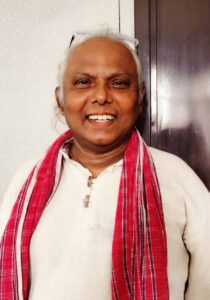
If I am not wrong, the first Congress of the Communist Party of India was held in 1928 and Singaravelu Chettiyar had presided over it. He was a Dalit.
Yes. He was there and Namboodripad and others were also there. There were many leaders. All those who felt Marxism would emancipate them, they all were there. I, too, had joined the party for that reason. For some it may be romanticism. Talking about a new world – you may call it their utopia – while taking puffs of a cigarette and making rings of smoke. They get a strange pleasure out of it. Then one day, they suddenly drop everything and walk out with no one being any the wiser.
I will tell you a small story – a true story from Bengal. There were three brothers. One was a trader, another was a Congressman and the third was a Communist. The Communist addressed his servant as a friend and treated him as his equal. The servant, too, addressed him as a comrade. He used to say things like we will fight, we will do this, and we will do that and so on. One day, the three brothers were having a meal together. The servant was also at the table. The brothers got into a heated argument. The servant intervened. The communist brother immediately slapped him. He told the servant that the matter was between the brothers and he shouldn’t be poking his nose into it.
So, this is what has been happening. Those against whom we should have fought were our flag-bearers. As for the other streams – like the socialist stream, the Bahujan Samaj Party, Mulayam Singh’s party, Lalu Yadav’s party – they brand them casteist. Arjak Sangh had tremendous influence in Uttar Pradesh. Where has it disappeared?
The crux of the matter is that our struggle was dismissed as casteism. Why? That is because the leadership of the Left parties is the very leadership against which you have to fight – Roy saheb, this saheb, that saheb.
There was a CPI leader. He was called Malikaar Comrade (owner comrade). He owned a large tract of land. He addressed the workers who tilled his fields, who looked after his cattle, as comrades. He was in the CPI because that enabled him to travel to Russia. His workers also addressed him as Malikaar Comrade.
So, you see, the CPI, too, had to pay the price for ignoring the ground reality. If you do not try to understand the basic character, if you do not try to understand the dialectics, if you negate them, you may win compliments for some time. But in the long run, you have to appreciate the basic dialectics, how it works in society; and also how capitalism works, how it drives a wedge between you and your own self, how it drives a wedge between society and nature. It is necessary to know all these things.
What are your current engagements?
I founded the Bahujan Communist Party in 2016. At the time, there was much criticism. I was often asked why I was thrusting casteism into Marxism. My reply would be that what I was doing was not casteism but that I did really want to be caste conscious. Whether it is the Indian communist parties or anyone else, no major change is possible without becoming caste conscious. Only the toilers have caste. Others have varnas. We want a major caste-based mobilization. Only such a mobilization will be able to break the shield protecting Brahmanism. Marx had said that the movements of the proletariat are emancipatory; they emancipate not only the proletariat, but also the exploiters. He said that the movement of the proletariat would lead to a revolution. It would not only free the proletariat but all other oppressed communities and civilizations. The kind of casteism we want to practice has a class angle. We may be divided into a thousand castes; we may be in a thousand different professions; we may be divided into thousands of sub-castes. But we all are toilers. Our toil is what moves the world. So, if there is a revolution in India, it will be a Bahujan Janwadi Kranti – that is what we are talking about.
In 2016, we founded the Bahujan Communist Party. When we researched, we found that about 20 years earlier, some people had launched a Bahujan Communist Party in Andhra Pradesh. This means that people have been thinking about who should lead the communist parties, for whom they should work. It is said that communist parties are parties of workers, of labourers. In India, castes are workers.
So, you see, this movement has not been leaderless. Like there was Periyar Lalai Singh. He walked the path shown by Periyar and took the battle forward. But if you look from the Marxist angle, it was also a form of class struggle, a new form. How successful it was is an issue about which we will talk in detail later.
There is this talk about caste census. It will make visible those who are invisible to date. As soon as they become visible, they will stake their claim to representation. But communal and religious stratagems are being deployed to deny them this opportunity. I would like to mention Rahul Gandhi. He realized that the communal forces are out to gobble up everything and none other than the castes, that is the working class, can stop them. Broadly, all upper castes are with the RSS-BJP. Maybe, two-four per cent are not with them. But the battle against the RSS-BJP will be fought by the anti-brahmanical forces.
We have begun working. We are trying to put the idea into practice at some places. We lack human resources. Some people have agreed. We have started forming committees under the banner of Bahujan Communist Party in Bihar and elsewhere. We do not ask the like-minded to form Bahujan Communist Party committees. We ask them to form a cultural organization of the Bahujan or if there is already one, to revive it. We ask them to forge organizations of Bahujan students, Bahujan labourers, lawyers, doctors and so on. The Bahujan are the proletariat. They will be our core and they will fight to the finish.
(Translated from the original Hindi by Amrish Herdenia)
